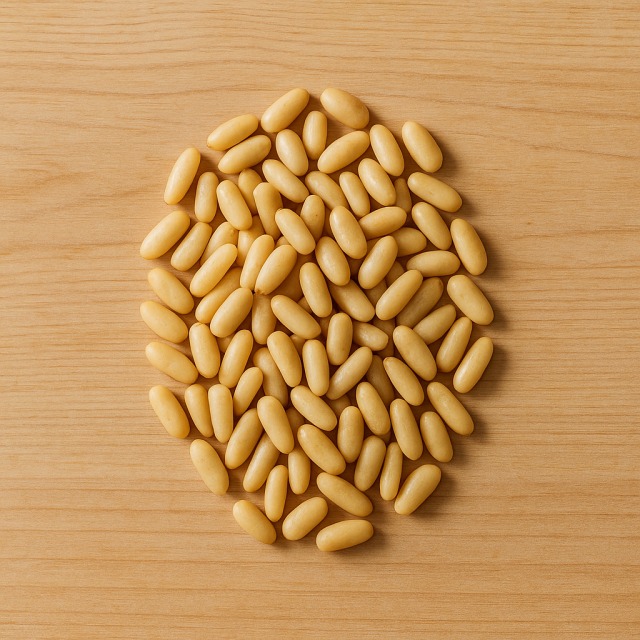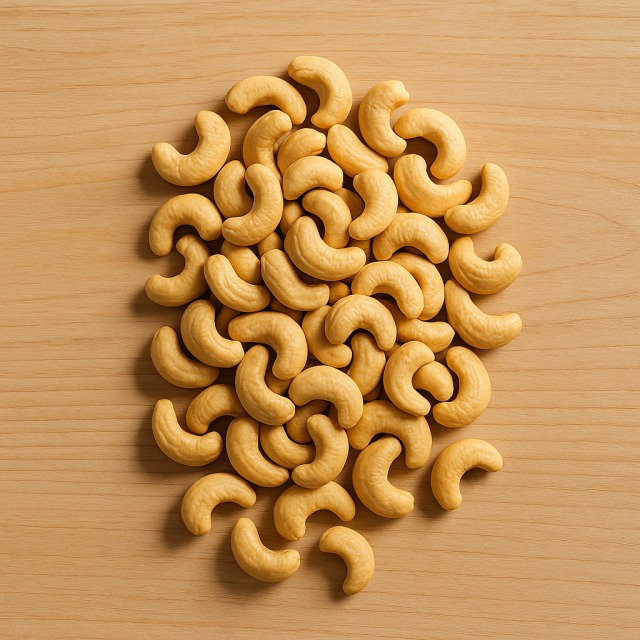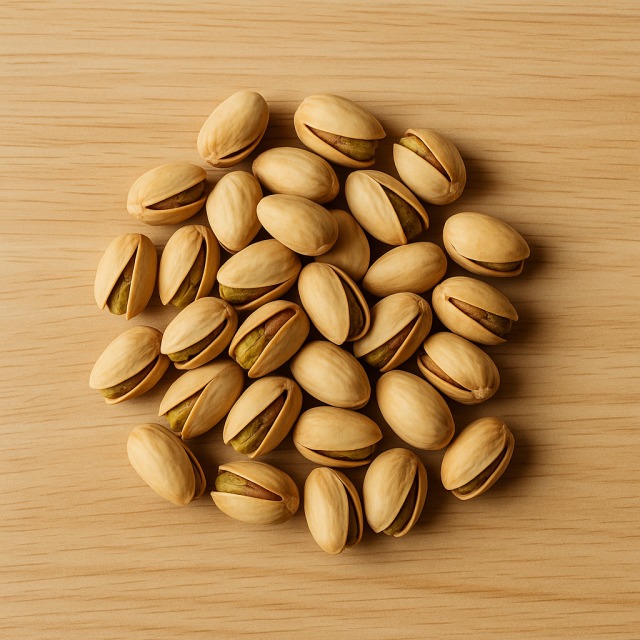Calorie Chart / Fruits / Walnut
How Many Calories Are in Walnut?
Calculation of the nutritional value & Recommended Dietary Intake of walnut
For g and a calorie requirement of kcal
| Calories 213 kcal | Proteins 4 g | Lipids 20 g | Carbohydrates 2.1 g |
| 11% | 5% | 30% | 1% |
Health benefits of walnut

Walnut - 100g
Calories 709 kcal
Proteins 13.3 g
Lipids 67.3 g
Carbohydrates 6.9 g
With around 709 kcal per 100 g, walnut is unambiguously a high-calorie food. These calories are mainly supplied by 67 g of unsaturated lipids; proteins and carbohydrates deliver the remaining calories. When you track calories, remember that the calories in walnuts come bundled with valuable nutrients, making those calories nutritionally dense rather than empty.
A 30 g handful provides appreciable amounts of vitamin E, vitamin B6, folate, and the minerals magnesium, copper, and manganese. Walnut is also one of the rare plant sources rich in omega-3 ALA, which has recognized benefits for cardiovascular health and, supposedly, cognitive performance. Polyphenols such as ellagic acid add an antioxidant edge that may help reduce inflammation. Historically, walnut trees were prized in ancient Persia and later considered a "brain food" in Europe because the kernel resembles a cerebral hemisphere – an anecdote that underlines how long people have linked walnuts, calories, and mental stamina.
Tips for incorporating walnut into a balanced diet
Because walnut is rich in calories, small portions are usually enough to enrich a balanced diet. At breakfast, mix crushed kernels with oat flakes and a few almond chips to prepare a homemade muesli; the mix keeps you full for hours without excessive calories. For a light yet satisfying snack, add a spoonful of chopped walnuts to plain yogurt and some diced apple – you gain fiber and flavor without a flood of calories. In savory dishes, a spinach salad topped with toasted walnuts and grilled chicken breast balances proteins and calories nicely. You can also grind walnuts with herbs to form a crust on oven-baked salmon; the nutty layer supplies satiety-boosting calories while the fish offers omega-3 DHA. If you count calories strictly, measure portions: 15 g of walnut (about 7 halves) adds roughly 106 kcal yet considerable crunch and micronutrients.
Frequently Asked Questions
- How many calories are in walnuts?
- There are 709 kcal per 100 g.
- Are walnut calories considered "good" calories for weight management?
- Yes. Although walnut calories are high, they come from unsaturated fats, fiber, and proteins that promote satiety, so moderate portions can fit into a calorie-controlled plan.
- How do walnut calories compare with almond calories?
- An almond provides about 576 kcal per 100 g, so walnut contains roughly 130 kcal more. Adjust serving sizes if you need to equalize calories.
- Does roasting change walnut calories?
- Roasting evaporates some moisture but does not significantly alter macronutrients, so calorie content remains almost identical; any change is within a few calories per serving.
- How many walnut halves can I eat for about 100 calories?
- Seven walnut halves (≈15 g) supply roughly 106 kcal, making portion control simple when you tally daily calories.
Similar foods
Information provided by Calorie Menu may contain inaccuracies or errors. It cannot, under any circumstances, substitute medical advice or medication.










